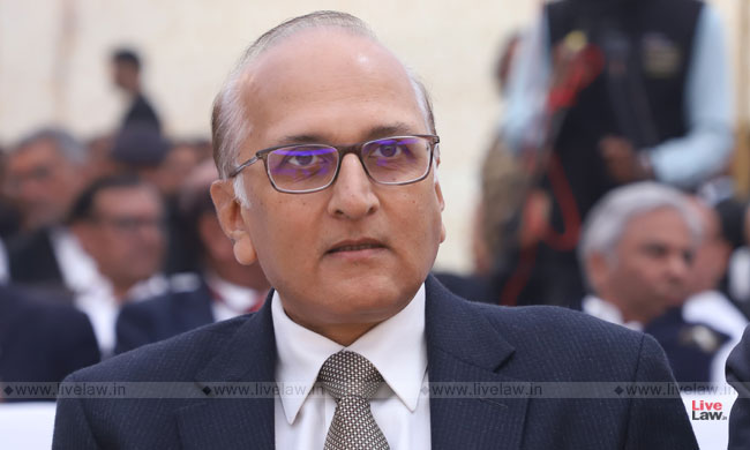Children in Child-Care Institutions Are Not There for Reasons of Their Own, Rehabilitation Must Be Prioritised: Justice Ravindra Bhat
Mehal Jain
15 Oct 2021 11:52 AM IST

Next Story
15 Oct 2021 11:52 AM IST
"When I started my law career, I had not thought that I would be where I am. When I am travelling and the car stops at the signal and I look at children begging for money, I think that I could quite easily have been him. That is the feeling we have to eliminate, bring in that sense of inclusiveness", Justice Ravindra Bhat has expressed."All the children in the Child-Care Institutions are...
